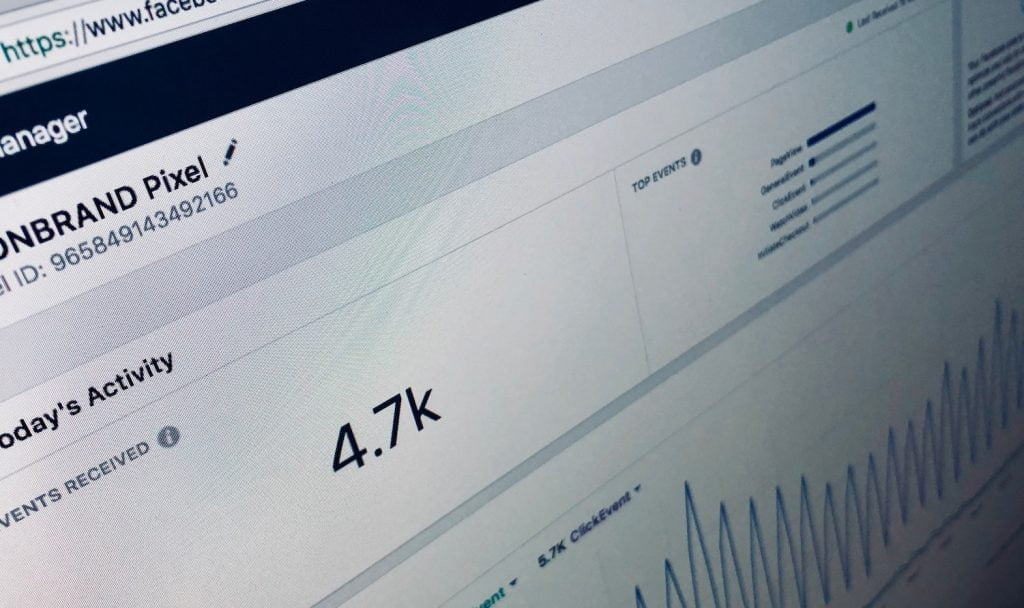When Facebook stopped offering Facebook Analytics beginning July 2021, organizations began looking for other ways to obtain insights into users’ data from websites, Facebook pages, and more. Facebook Analytics helped marketers gain an overview of their users from a single web-based application across different platforms. However, with the end of Facebook Analytics, deploying a robust customer data platform (CDP) solution is vital to maintain business continuity. Decision-makers can garner insights into behavioral data, transactional information, and demographic data with machine learning-based CDP to optimize business operations.
Table of Contents
ToggleWhy Facebook Analytics Was The Go-To Platform
Facebook Analytics worked with Facebook Pixel, which helped organizations unify data from websites or applications and information from social media platforms. This empowered decision-makers to garner actionable insights by enriching data from different sources. Facebook Analytics also allowed companies to understand sales funnels, retentions, and more. With Omnichannel analytics, marketers were able to optimize targeting with advertisement while checking the spending for a better return on investment.
Reason Behind Facebook Analytics Shutdown
As privacy took the central stage worldwide, the inclusion of data security and privacy laws has limited companies from extracting third-party data. Organizations are now having to rely on first-party data for their data analytics and machine learning initiatives. The privacy-preserving rules and regulations are also going to phase out Facebook Pixel that collects third-party data. And since Facebook Pixel was foundational for Facebook Analytics, the company had to shut down the latter.
The digital world will have to do away with third-party cookies in 2022 to eliminate privacy risks of users. With the end in sight for third-party cookies, Facebook Analytics would have become less useful for organizations that prefer platforms that unify all the relevant data to augment decision-making.

Although Facebook will continue to offer insights for Facebook Pages and Instagram profiles through Facebook Business Suite, Ads Manager, and Events Manager, companies will not be able to collect data from their websites and applications to combine it with social media platform’s data to gain in-depth insights.
Customer Data Platform
While Facebook Analytics assists in offering personalized advertisements, a robust customer data platform can allow you to provide bespoke recommendations beyond advertisements. AI-based customer data platforms can map customers’ journeys and profile customers to enhance the accuracy and precision of recommendations. For instance, a media and entertainment organization can understand users based on the content they watch, ads clicked, and more.
What makes CDP stand out from Facebook Analytics is that it supports A/B testing and enables automation while optimizing conversion rates. Along with assisting in marketing, customer data platforms have become a one-stop-shop for making a more comprehensive range of business-critical decisions by understanding users’ behaviors.
The advantage of AI-based customer data platforms is that it automatically clusters users based on their activities on digital platforms to suggest marketers the best model to target users. Such intelligence expedites the decision-making process for organizations, thereby enhancing revenue generation.
Clustering In Customer Data Platform
Most of the companies lose business due to an increase in the churn rate for reasons companies fail to understand. With CDPs, organizations can map the current users’ activity with the historical data of customers who stopped doing business. This is carried out by unsupervised learning that clusters the data based on the user behaviors. Clustering algorithms such as K-means, Gaussian Mixture Model, Affinity Propagation, and more are leveraged to understand users automatically.
One of the widely used clustering algorithms is the K-means clustering, which has k number of centroids, a datapoint at the center of a cluster. Given a dataset, K-means will have k number of clusters that groups the datasets based on similarity. The kNN classifier is continuously optimized to obtain stabilized centroids.
Such unsupervised techniques empower marketers to integrate all the data with CDPs and apply machine learning algorithms to identify the customers about to leave quickly. Based on the insights from the customer data platform, organizations can either target users with the right offers or try to address the issue with customer support.
Expand Capabilities With Robust CDP
AI-based customer data platforms have increased due to the crackdown on third-party cookies. While first-party data can diminish the capabilities of organizations, if used with machine learning algorithms, it can extend the ability of companies to harness more information out of existing data. The permanent shutdown of Facebook Analytics has forced several organizations to now embrace robust customer data platforms, which could provide operational resilience even with first-party data. With in-depth predictive analytics in CDPs, companies can bring new dimensions for assisting marketers in delivering targeted advertisements to increase users engagement.
Making The Move
While customer data platforms can be a driving force for marketers, they can also become a leading cause for many privacy infringements. To preserve the privacy of users’ data, companies are not allowed to process sensitive data. This makes it difficult for companies to gain in-depth insights. As a result, organizations have to ensure that the deployed customer data platform adheres to several privacy rules put in place by different governments worldwide. However, several advanced customer data platforms leverage encryption while training machine learning models to ensure privacy is intact. Organizations must keep in mind such features while adopting the right customer data platforms for business growth.
Conclusion
As people are becoming more aware of their privacy, organizations are having to change the way they process data and gain insights for making informed decisions. In this changing digital landscape, marketers have to adopt AI-based customer data platforms that allow them to continue their workflows, especially when Facebook is no longer supporting its analytics platform for unifying data for advertisements on social media platforms. However, with several customer data platforms in the market, organizations have numerous opportunities to revamp their marketing and efforts to accomplish business goals effectively.






